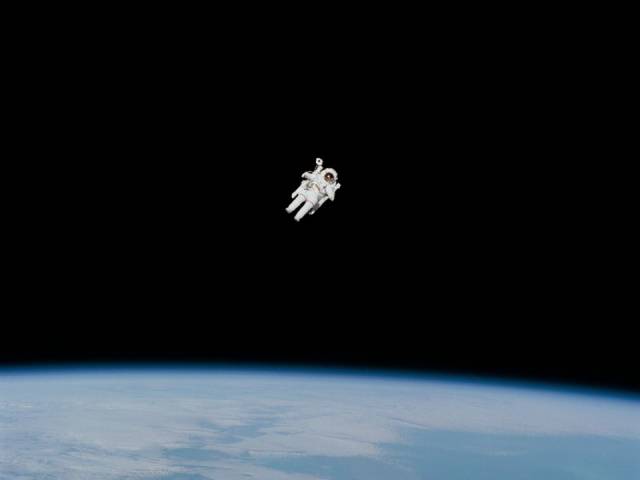X


Comments to #12
All comments (2)
0



1.

Jake 3 year s ago
And you're smaller than a nanovirus and don't mean sh#t.
0



2.

Zedediah 9 month s ago
Jake: Exactly - even smaller.
There's a fascinating reason why space appears black.

You might think that there should be no black space at all because stars are everywhere and should fill the sky with light.
This phenomenon is known as Olbers' Paradox, named for the German astronomer Heinrich Wilhelm Olbers who posed it in 1823: if the universe is infinite, static, and timeless, then everywhere you look should eventually hit a star.
It turns out the universe is neither static nor timeless. Edwin Hubble discovered that the universe is expanding, and thermal radiation left over from the Big Bang puts the universe at 13.8 billion years old.
We don't see stars in every direction because some stars haven't been around long enough for their light to reach us.